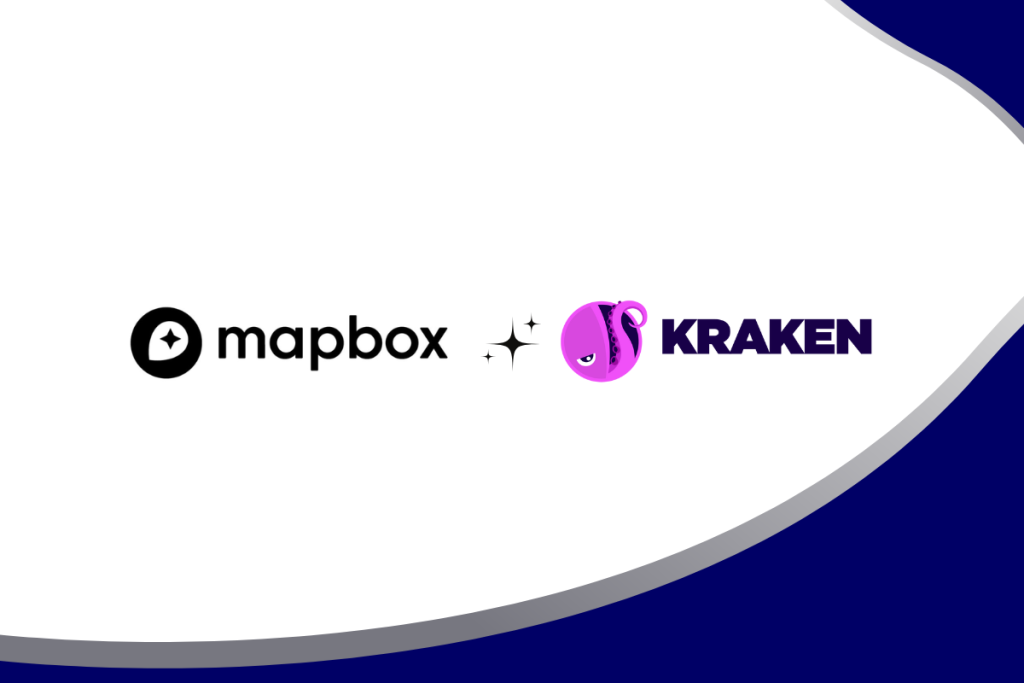Kraken Technologies and Mapbox are redefining utility logistics by integrating real-time traffic data with AI-powered job scheduling. The results are already turning heads with shorter drive times, lower emissions, and significantly higher field engineer productivity.
AI Optimization in Motion: From Grid to Ground
In a sector where time, travel, and technician utilization directly impact profitability and sustainability, Kraken’s partnership with Mapbox is setting a new standard for operational efficiency. At the heart of this collaboration is Kraken’s Field platform, a digital operating system for utilities, now enhanced with Mapbox’s real-time routing APIs and live traffic data.
This isn’t just route optimization—it’s dynamic, AI-powered orchestration. Kraken’s integration with Mapbox begins with the Matrix API, calculating real-time distances and travel times.
From there, an intelligent scheduling engine assigns jobs based on availability, proximity, and skillset, with the Directions API continuously recalculating optimal routes as traffic and job conditions evolve. The result is a responsive, highly efficient field operation that adjusts in real-time—no manual intervention needed.
“At Kraken, we’re focused on building the most advanced energy technology platform, and location intelligence is at the heart of our field operations,” said Guy Walker, VP of Product at Kraken in an official statement. “With Mapbox, we can enable faster, more efficient services while reducing emissions and operational costs—a win-win for both our business and our customers.”
The impact is already playing out at scale. Octopus Energy, one of the world’s fastest-growing energy companies, has leveraged this combined system to cut 4 million miles annually, save 300 hours of drive time per day, and boost urban field efficiency by 88%.
Scalable Tech with Real-World Utility
Kraken’s platform isn’t limited to Octopus. It now manages over 60 million utility accounts globally, including deployments with EDF, E.ON Next, Origin, and Tokyo Gas. With more than 40 gigawatts of power under management and a growing base of 250,000 connected consumer devices—including EV chargers and smart meters—Kraken is proving its model works across diverse infrastructure.
Meanwhile, Mapbox’s footprint spans nearly 40% of the Fortune 500 and serves over 4 million developers worldwide, making it a proven backbone for high-volume, mission-critical logistics.
“As utilities shift to digital-first operations, real-time location intelligence is no longer optional—it’s a necessity,” said Garrett Miller, Global Vice President of Customer Engagement at Mapbox. “The work we’re doing with Kraken highlights the power of the Mapbox platform by bringing proven technology from the on-demand logistics sector to utilities. This isn’t just about efficiency and improved business outcomes; it’s about improved customer experience, sustainability, and fundamentally transforming how field services operate at scale.”
Beyond utilities, Kraken’s adaptability has already begun expanding into water and multi-utility services, hinting at a future where field operations across verticals can be streamlined through a unified, intelligent platform.
Rethinking Field Operations Through Data and Design
Smart routing, dynamic scheduling, and AI decision-making are fast becoming baseline expectations, not differentiators.The integration between Kraken and Mapbox offers a tangible example of how logistics can be restructured through real-time data and AI.
For utilities navigating cost pressures, carbon mandates, and customer service demands, the integration offers a compelling advantage: reduce truck rolls, improve SLA adherence, and lower operational emissions in one move. As supply chain digitization matures, partnerships like Kraken and Mapbox are proving that modern logistics can and should be proactive, efficient, and customer-first by design.







